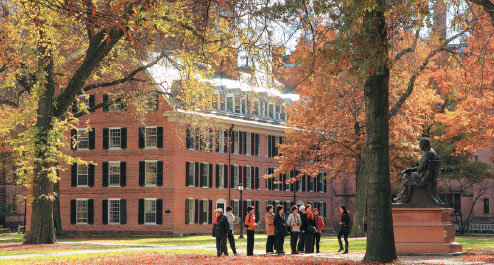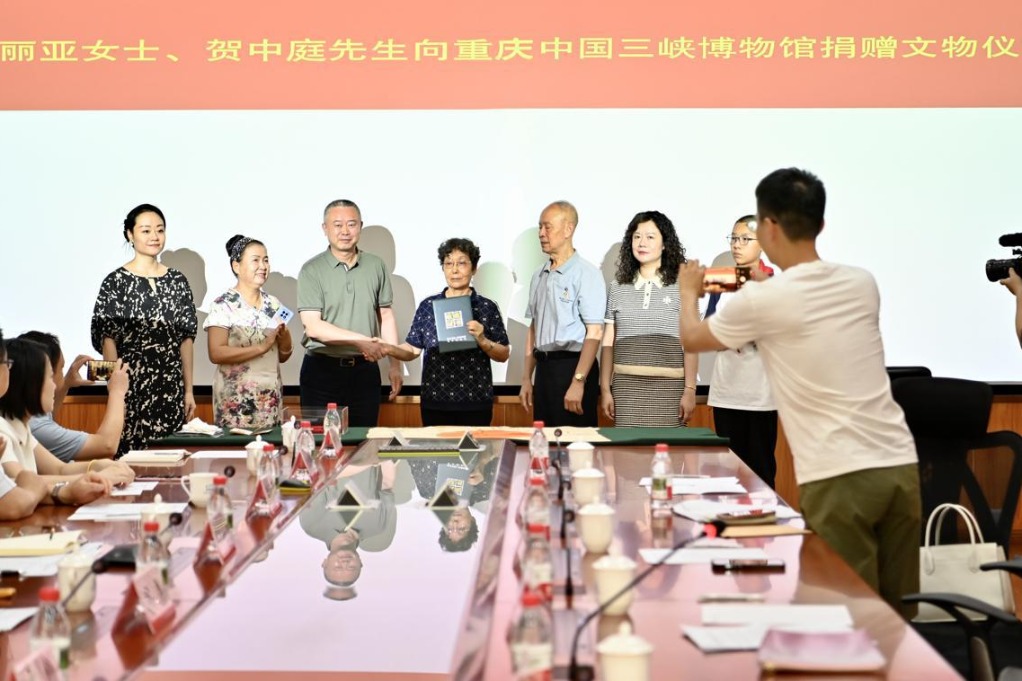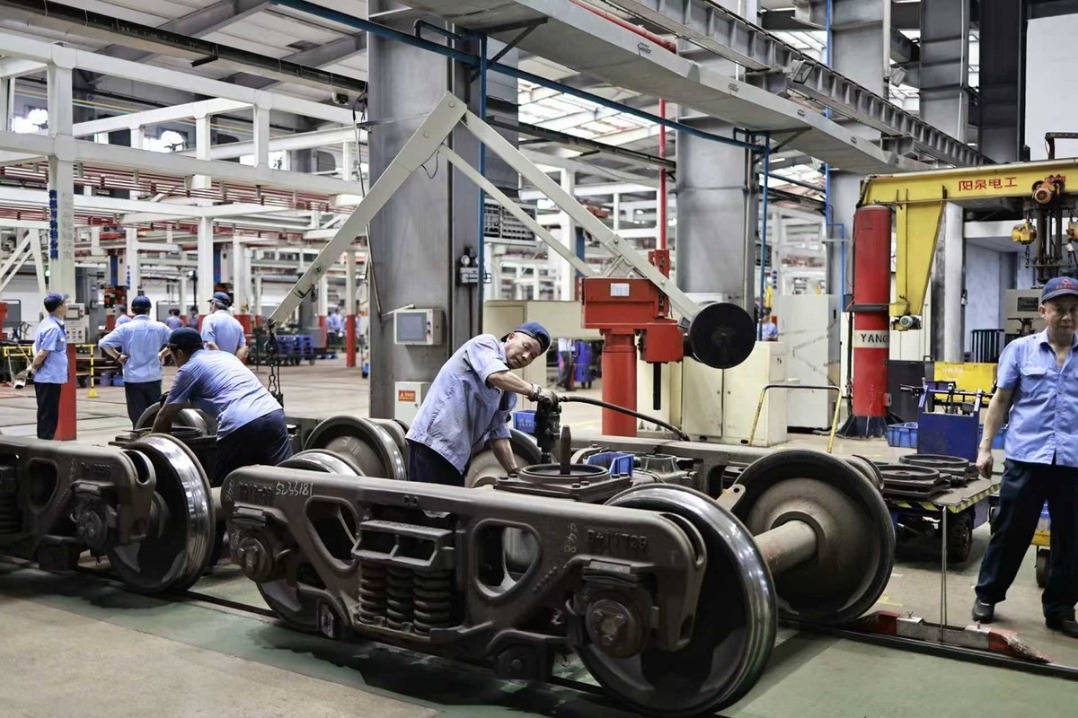US restrictions on Chinese students raise concerns


Visa delays a symptom of increasingly strained ties
It's been four weeks since Jack Ling submitted the required documents to the US consulate in Shanghai for visa renewal. He hasn't heard anything back.
The Chinese graduate student in materials engineering at the University of Southern California has one year left before graduation. The worst-case scenario would be to find himself stuck in limbo during the visa process, Ling said.
For now, he is not too worried because his wait time falls within the normal range of "administrative processing"-a visa case undergoing additional vetting for security reasons. Most administrative processing is resolved within 60 days, according to the US State Department.
"When I first applied for a student visa in 2016, I was given five years (duration). But since last year, I have to renew it every year, unless I remain in the United States," said Ling.
In June last year, the State Department shortened the length of visas for Chinese graduate students in fields such as aviation, robotics and advanced manufacturing, to one year from the previous five due to "espionage concerns".
Ling's major, related to chip development, is subject to the restrictions. He said he heard that a PhD candidate in the same major at his university has waited for more than a year in China, but still hasn't received a visa.
Visa status and research funding are the two top concerns for Chinese PhD students in the scientific research field in the US, said Tony, a Chinese PhD candidate in chemistry currently studying at the California Institute of Technology. He only wanted to provide his first name.
"Chinese students who study abroad already spend more money than their domestic counterparts; having visa issues will sometimes result in additional trips and extra expenses," he said.
But aside from the financial burden, the anti-Chinese rhetoric puts more pressure on Chinese students and researchers, Tony said.
The tightening net of government regulations, such as the investigation by the National Institutes of Health, the nation's largest research funder, into scholars with "foreign ties", has generally made Chinese students more concerned about their stay in the US, he said.
The US visa restrictions on foreign students in certain areas are not new. The widely reported visa delays and denials and prolonged visa checks against Chinese students reminded Wang Dequan of his own experience in 2002.
Wang, adjunct professor of the MBA Center at the China University of Political Science and Law, said he was denied a visa to return to the US for his PhD at Stanford Law School. Fortunately, he managed to continue his research in China before he was finally granted the visa two years later.
"It's unfortunate to see similar situations happening again. The impact is damaging to the US academics as well as the individuals affected. Openness and diversity are essential for a university to remain dynamic and attractive," said Wang, who was visiting Stanford University for a law conference.
- Sanya activates red alert as Typhoon approaches
- Recall vote shows 'Taiwan independence' separatism doomed to fail
- China holds third rehearsal for event marking 80th anniversary of victory over Japanese aggression, fascism
- Central delegation returns to Beijing after attending anniversary celebrations, inspections in Xizang
- KMT continues triumph in second round of recall vote
- China's anti-graft chief urges further improving discipline inspection work





































